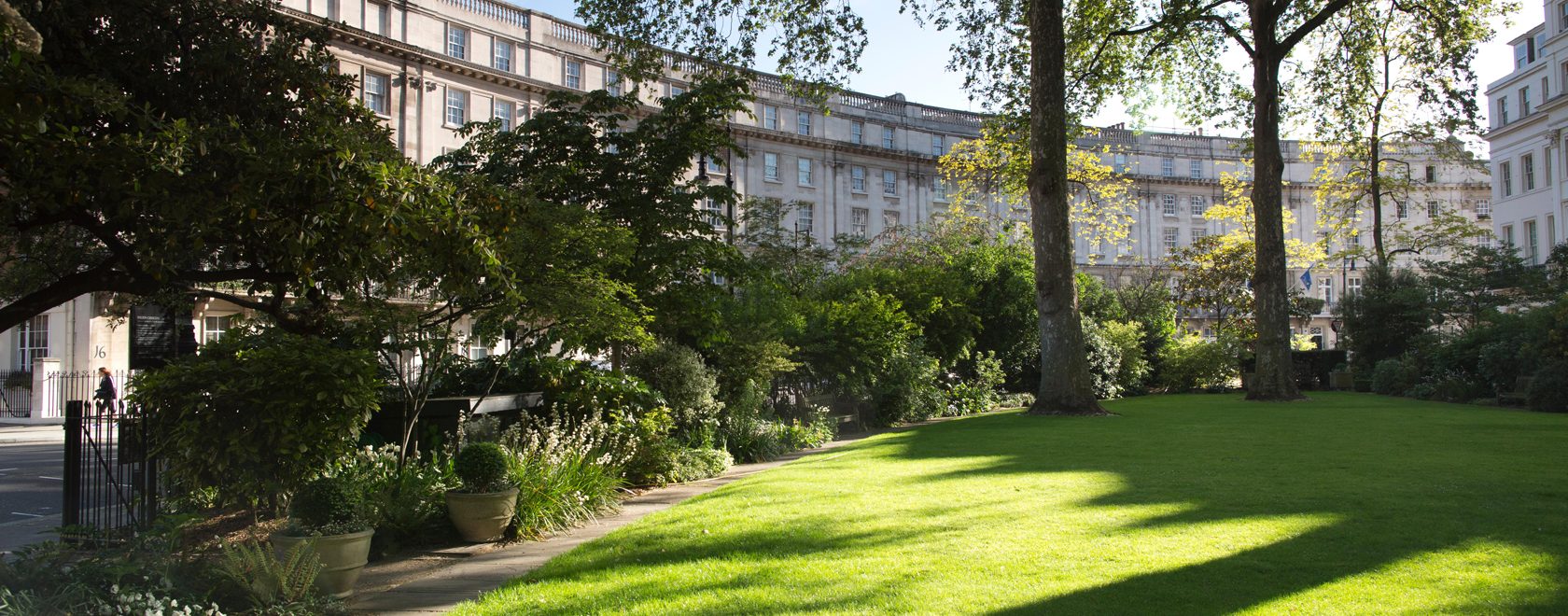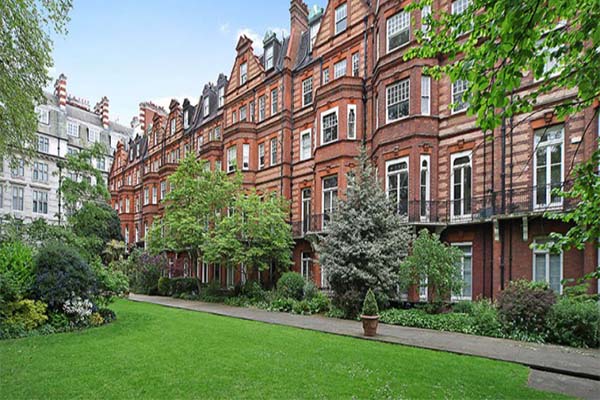From references to repairs, and pets to painting, there is a lot to consider when renting your next flat. Here are 10 things to remember before signing on the dotted line.
1. Question time
When viewing a property, don’t just take a quick look at everything ad scuttle off. Quiz the landlord or agent, so you are equipped with everything you need to make a decision later. Check the heating and how much it will cost to run per month. Ask what is included: for example, white goods, curtains, light bulbs and rubbish bins. Is the property being let furnished or unfurnished? How much is the council tax per year?
2. Room for improvement
Check whether you are allowed to do any decorating yourself. If you are only going to be there a few months, it’s unlikely that the landlord will be happy to find you’ve painted the bedroom purple. Make sure it’s ok to hang pictures or mount a flat-screen television on the wall. A landlord who has spent the past three weeks painting might not want nail holes all over the place, especially if you’re likely to move on by Christmas.
3. Repairs
The landlord is responsible for most repairs - to the structure of the building, kitchen fittings, heating, the boiler, the wiring and so on. If white goods or furniture are included, the landlord should replace or repair them if damage is due to usual age and wear and tear. However, if you break a window while moving a ladder around, it’s up to you to fix it.
4. Paws for thought
Some landlords can understandably be reluctant to rent to people with pets. If you are at work all day and leave a dog in the house, it could get bored. Cats can scratch carpets. So, do all you can to reassure the landlord or agent that your pet won’t be left alone in the house. Similarly, explain that you will repair or pay for any damage. If you can get a reference for your pet from a previous landlord, that might tip the balance in your favour.
5. On the starting blocks
Get your references in order. The agent or landlord will want to know that you will be a good tenant, keep the place in a reasonable condition and pay the rent on time. So you will probably need a reference from your current landlord, your bank and your employer. The landlord may also want to see bank statements for three months to make sure you’re not living beyond your means. It might be worth checking your credit rating, which you can do for free online (www.experian.co.uk).
6. Deposit
This is often the equivalent of one, two or three months’ rent and the landlord will keep it until you leave the property. By law, it now has to be registered with one of the government schemes and the landlord must tell you within 14 days of receipt which scheme is being used and how you get your money back. You should get your deposit back within 10 days of moving out, unless you have failed to pay the rent or caused damage to the property. Take meter readings and leave the landlord a forwarding address for post.
7. Along the right tracks
Just because it’s gorgeous, exactly what you wanted or a good price doesn’t mean it’s the place for you. Check it is near the tube station, on a good bus route or perhaps you could commute to work by bike or boat. An increasing number of people are using the Clipper services along the River Thames (www.thamesclippers.com/commuters).
8. Contemporary living
The landlord will expect the property to be handed back in the same state so, on the day you move in, take photos of everything. Everyone will then have a useful reference point when the check-out is carried out down the line.
9. Bills
Make sure you know who’s paying for what. The landlord will have the building insured, but that won’t cover your contents. Usually the tenant is responsible for the council tax and utility bills, as well as the TV licence. Check whether there are any charges for communal cleaning or gardening, too.
10. Moving on
Unless you are moving out when your six month period runs out (and the landlord is aware of this) you will need to give notice in writing, probably anything from one to three months before you leave. The landlord may want to show other prospective tenants around, so it would help if you could accommodate viewings. You might want a reference from your landlord, so leave on good terms.







